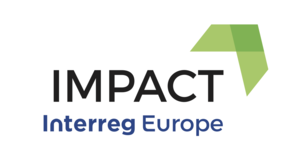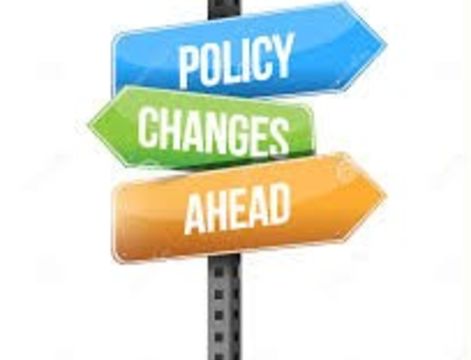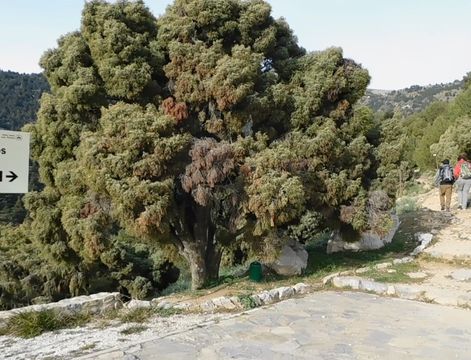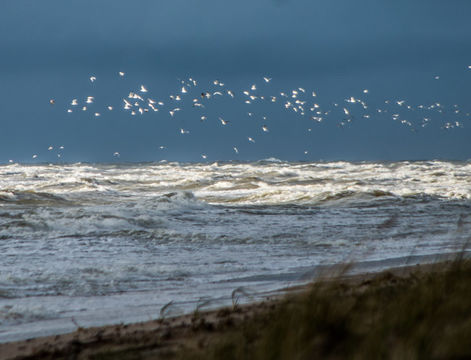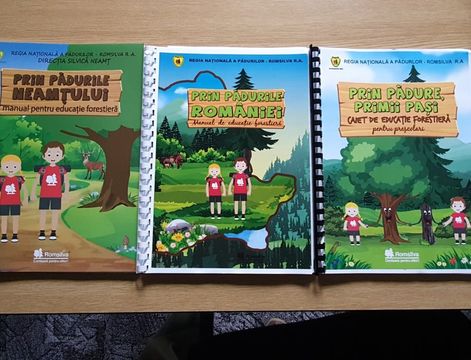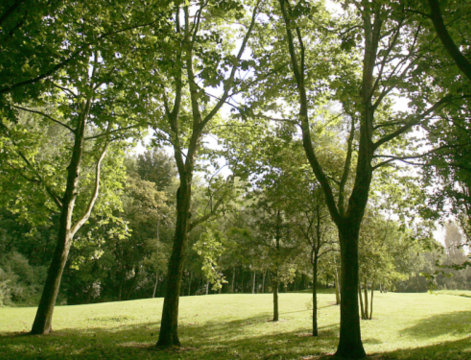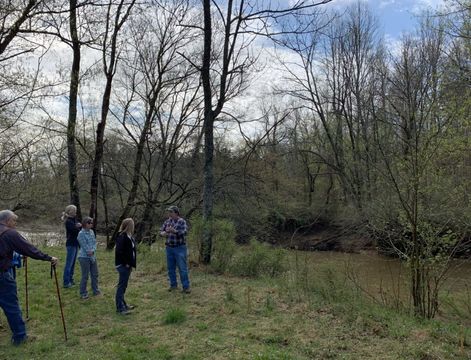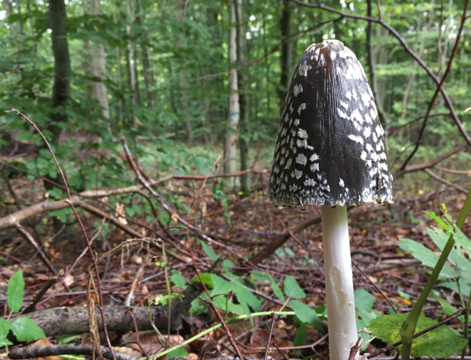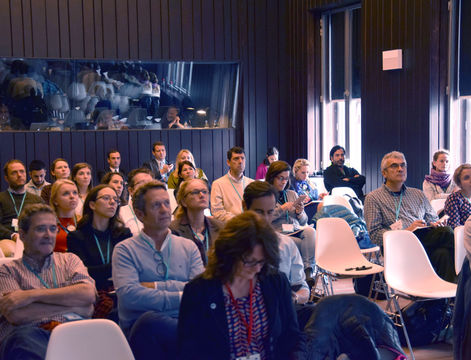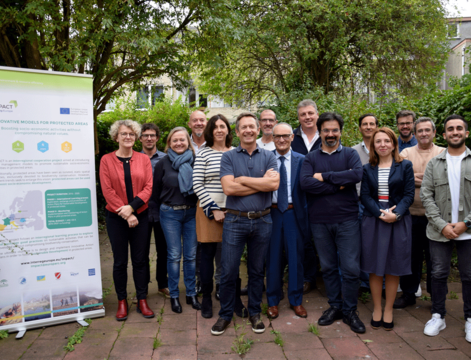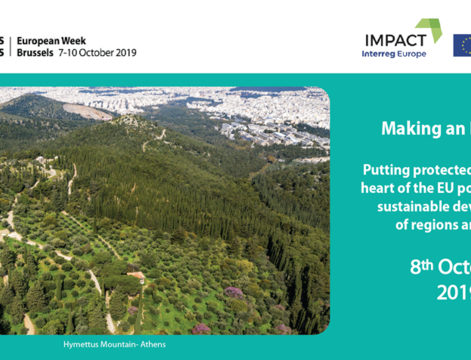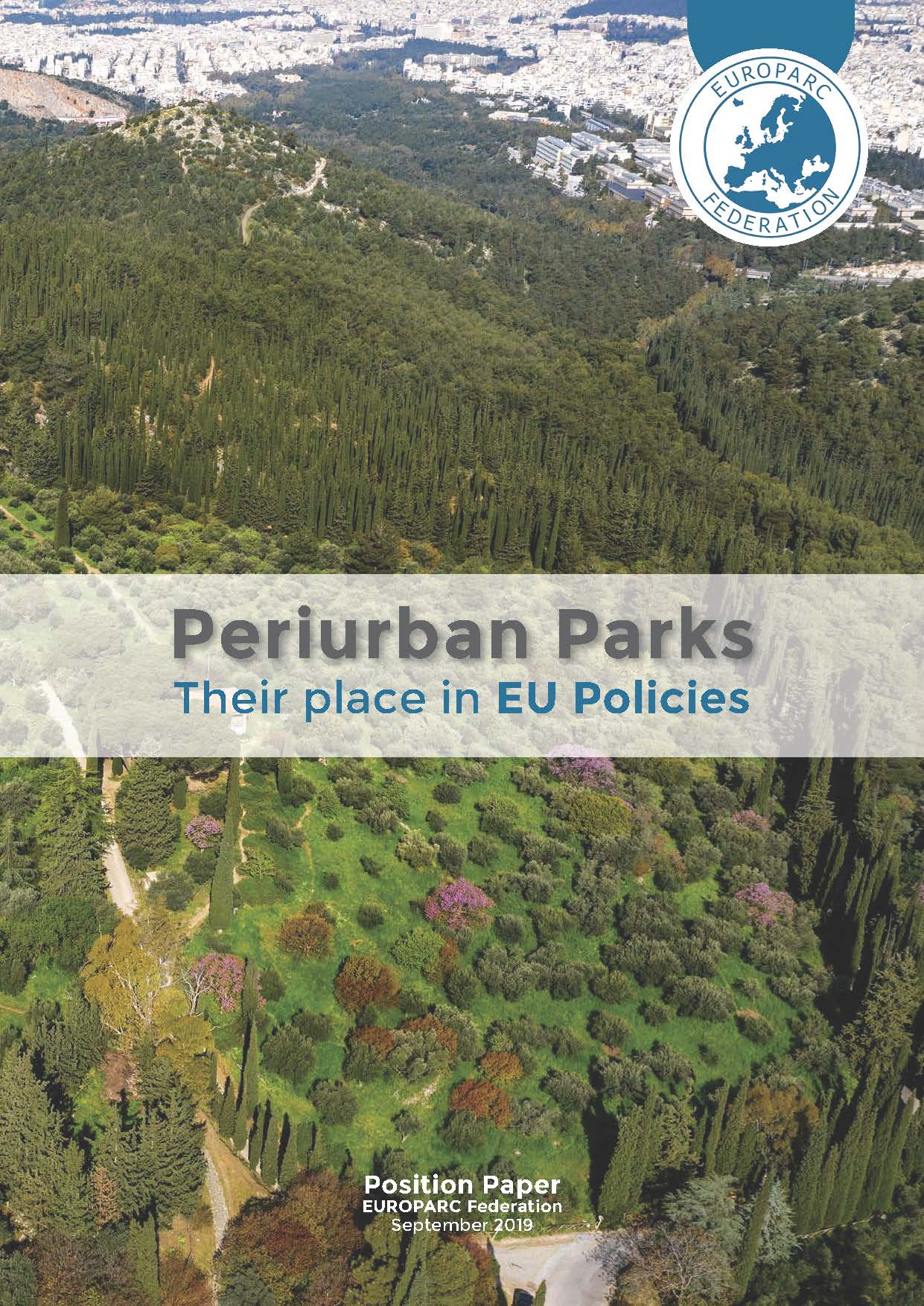In 29 of March 2017, PP5 - INCDT organised in Bucharest a 2nd meeting with stakeholders.
During this meeting the following issues were discussed :
- presentation of the IMPACT project: the main object of the project, the activities and expected results, the main achievements in the project;
- presentation of good practices indentified in Romania;
- presentation of good practices identified by the other partners on sustainability tourism objective.
There was a discussion with the representatives of natural and national Parks administrations with the aim to identify what good practices could be transferable from international experience.
The natural and national parks present were :
- Reserven Biosphere Danube Delta Administration,
- National Rodei Mountains Park's Administration,
- Vânători Neamţ Natural Park's Administration,
- Iron Gate Natural Park's Administration,
- Dinosaurous Geopark Ţara Haţegului – UNESCO,
- RNP ROMSILVA
Romanian stakeholders presented interest for:
- Management of tourist flows, good practice represented by Andalusian Ministry of Environment and Spatial Planning, from Andalucia, Spain. Identifying the management solutions of visitor flows are interested for parks in Romania, even though most of them are far from reaching saturation level in terms of tourist flows.
- Nature Trail for health, the good practice presented by ENRx France. Romania is interest for stakeholders in the implementation of voluntary certification schemes quality tourism services at local level;
- Facilitating sustainable fishing in protected coastal areas by integrated approach and communication the best practices presented by EUCC Baltic Office, Lithuania. This best practice cares in terms of how it was made communication between interested factors in finding win-win solutions.
Romanian stakeholders are interested in exchanging experience between them, some good practices in natural protected areas in Romania could be implemented in other protected areas in the country (ex. the value of carrying capacity assessment landscapes etc.).
Regarding other topics that would be of interest if they approached the project partners, our stakeholders have noted interest regarding:
- interpretation techniques used by foreign partners in the natural protected areas, namely how to make the transition from scientific information to visitors (not just informative panels and points of access) and what types of activities are used (to see if they can be "adopted" in Romania);
- activities conducted on youth, educational and volunteer. Desired future even development of joint projects with foreign partners on this youth exchange.
In addition, there were discussions about the problems faced by protected areas in Romania, especially due to some bottlenecks legal or institutional (eg. Trade in souvenirs in visitor centers, the signaling unit at the destination level, problems encountered in achieving of arrangements to visit - trails). This event was conducted under the Work Package 2 of the project - Dissemination and Communication.
